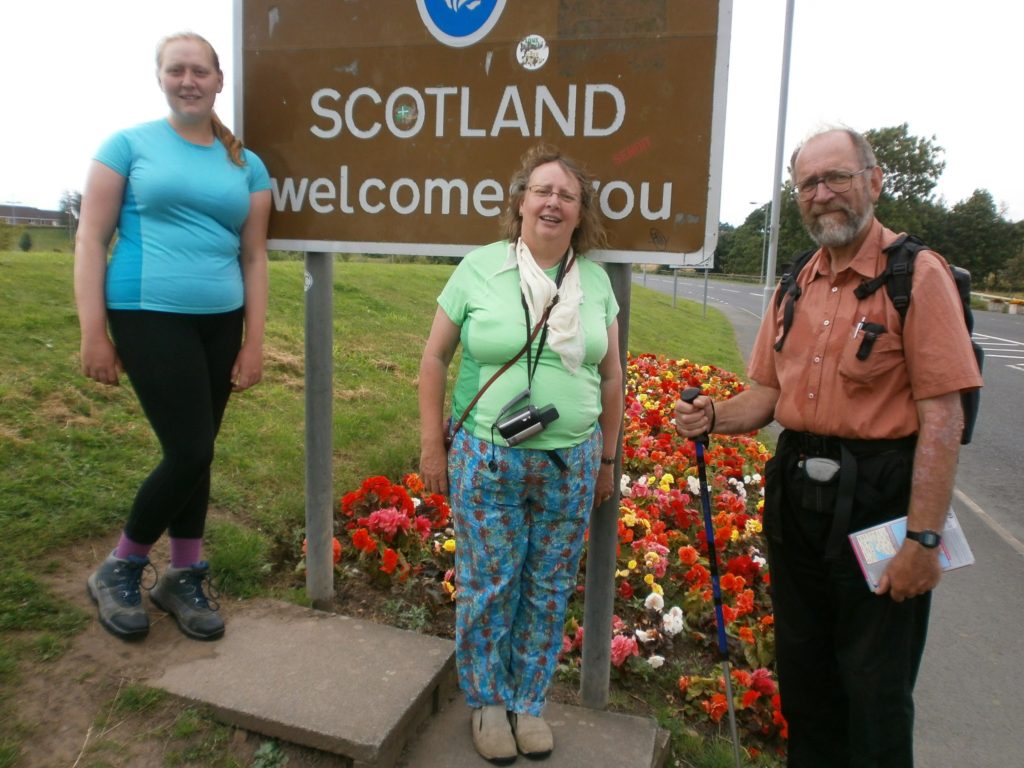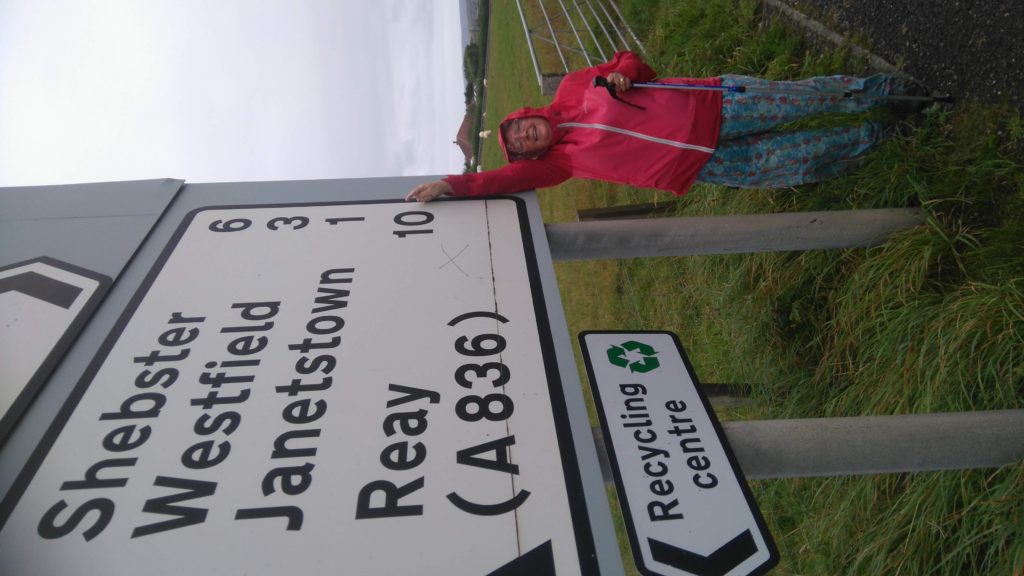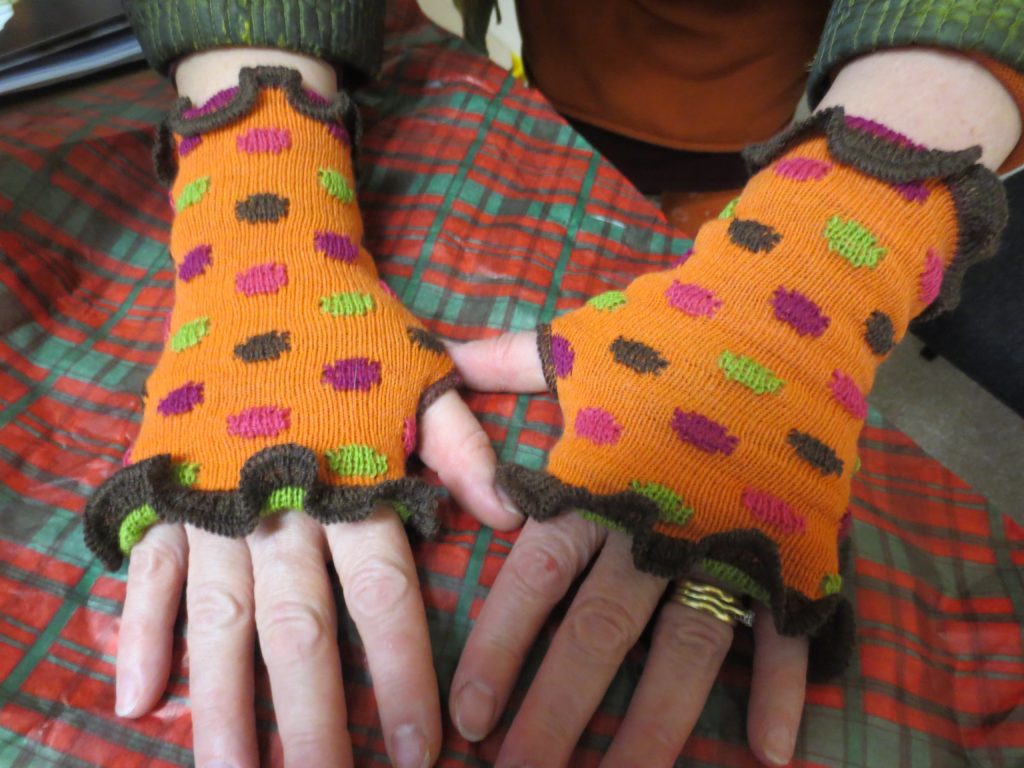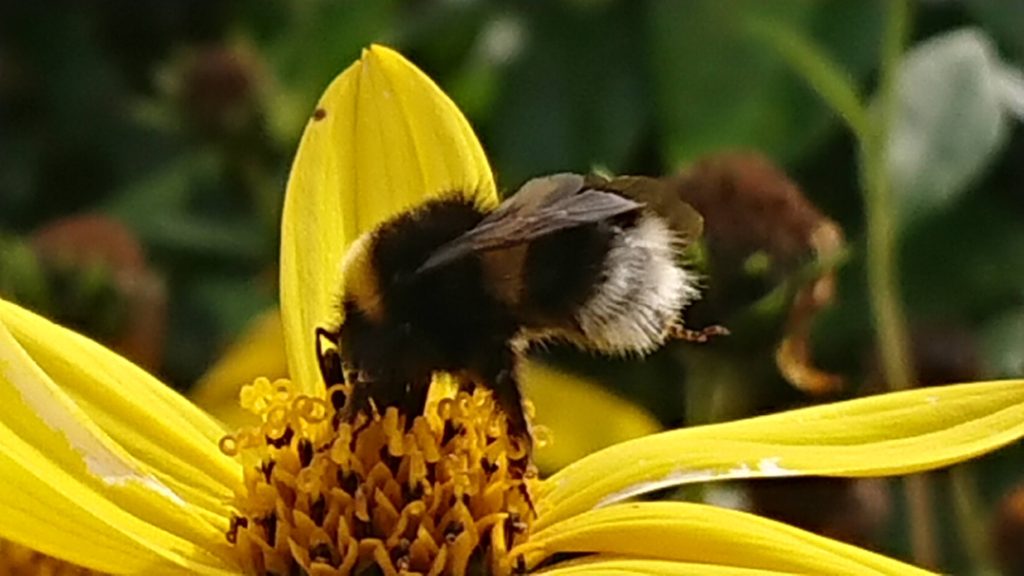Take the narrow path: it is the most life-giving (RB)
I doubt many of my forebears or contemporaries spend much time on the Rule of St Benedict, but then neither do I compared with someone who has lived under monastic vows for half a century. I come from a Reformed heritage and as such the temptation to reform is running through my veins every day. It’s a wonder I stick to any path.
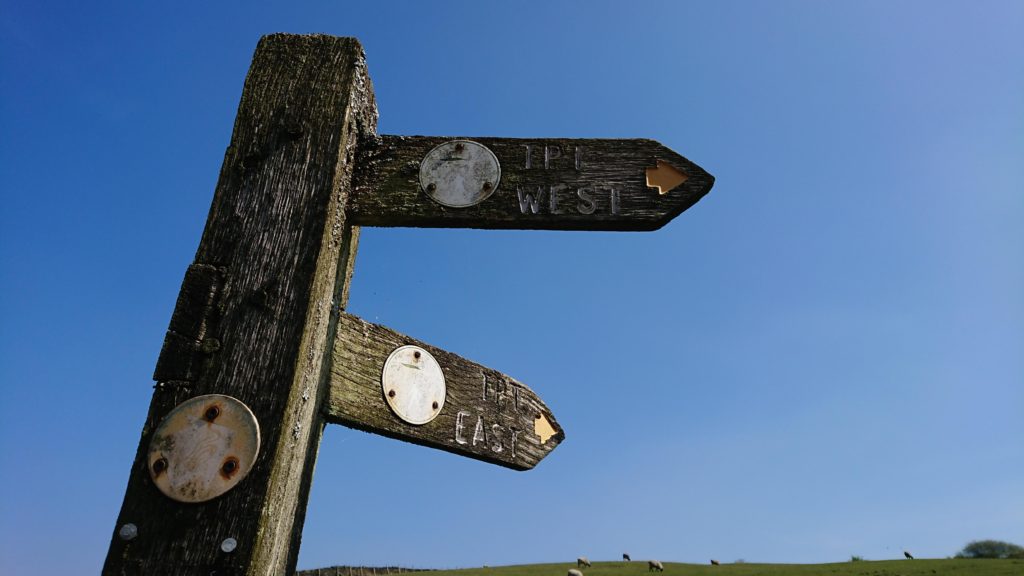
I’m not a totally off-piste person either. I do love the edges though, where the speedwell forms vibrant blue clumps or a pale helleborine is shielded from the main trail, where the butterflies are dancing. The trail that makes its way through Longdendale is wider in some parts than in others. Sometimes there is a separate track for horse riders; the spotted orchids thrive there. If you want to see a bracket fungus or a delicate ring of age-old lichen you’ll need to go beyond the edge of the path.
What about a rule for building community? I wonder how I find myself gazing at that. I grew up in a small village in Essex and took that kind of community for granted. Without probing too deeply, I gradually, with age, became aware of its flaws and frayed edges. A child suffocated to death in a grain silo, marriages that fell apart, where Travellers were welcome to pick fruit but not to live alongside us. It was much the same in the rest of the country I expect. I went to South Africa in the mid 1980s and was confronted by other communities and stories of injustice. I came back to look differently at the scenes of children playing in bread baskets on a narrow balcony or Black women doing piece work in tiny flats.
My privilege took me to one of the oldest universities in Britain where I was mostly unhappy, conflicted, lost. I never learnt to revere the Great Men. A few threads of community brushed off on me in passing: we sang ‘Shalom my friends’ in a circle around the communion table in the ecumenical Estate Church on a Sunday. I picked up other echoes in SW London and Yorkshire by the kindnesses of those I met. For a while it was just enough to keep me on the path.
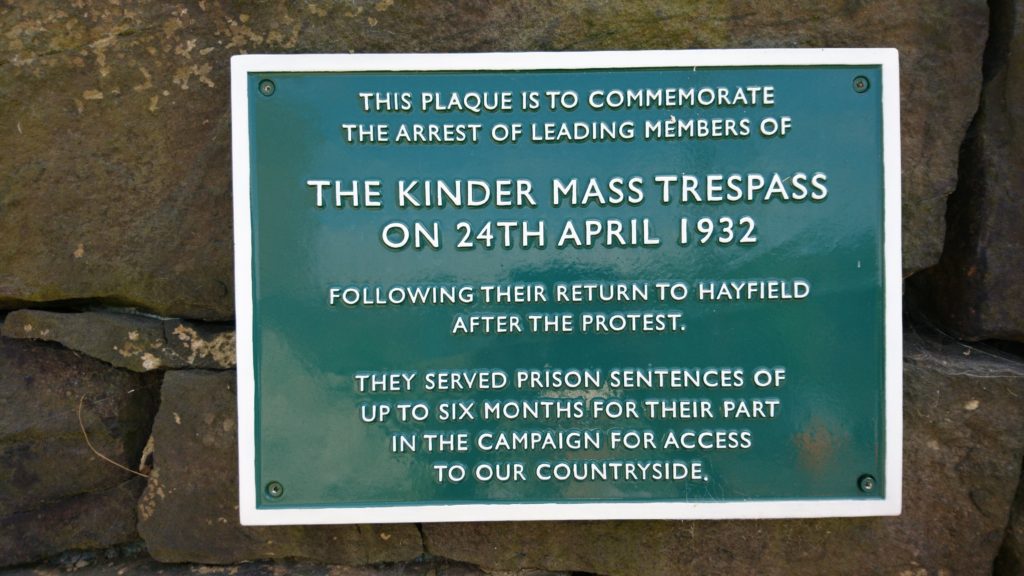
A school has its rules and Benedict knows that. He writes in the Prologue:
‘Our intention is to begin a school for God’s service’ (RR) 1
As a school chaplain I was aware of rules and their interpretation, roles and authority. It is with all of this baggage that I stumble along with Benedict’s Rule. There are other rules of course: most religious communities or networks will have them and their unspoken interpretations. A good Benedictine reads the Rule three times a year. A good enough one remembers a few bits of it.
There are those who consider the Rule that is over a thousand and a half years old a gift to the twenty-first century. I am still unsure about that. It contains a lot of words, and much of it is archaic in language and authority. However, it seems to include three main ideas: the importance of stability, accountability and of owning nothing.
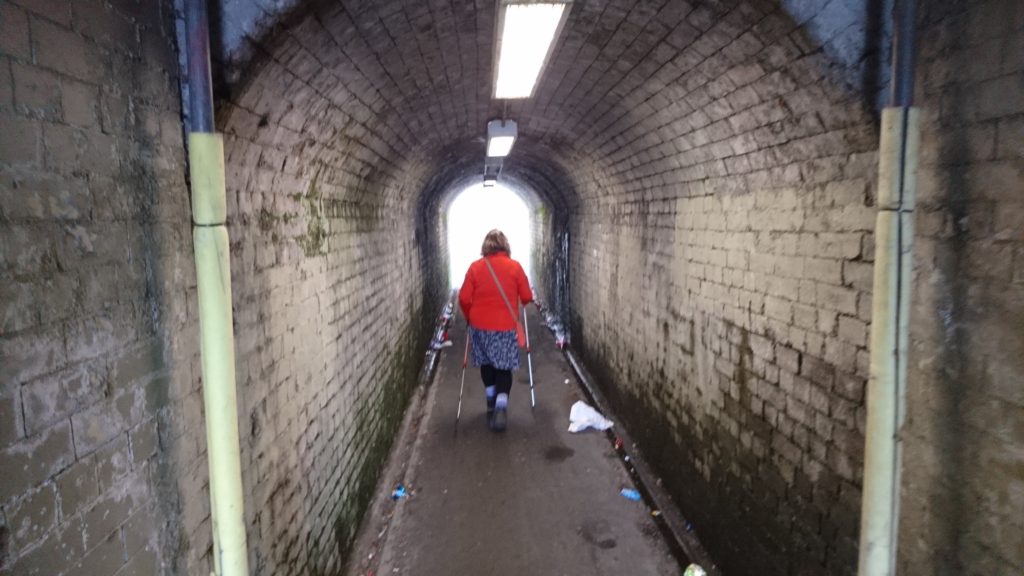
Stability is the reassurance that it is ‘a gift to come down where we ought to be’. 2
Accountability is my take on obedience. We seek to live in mutual respect to each other.
We own nothing. You cannot own a valley, though this one doubles as a water catchment area for part of Greater Manchester so swathes of its (mis)management are taken over by a private company that is run for the profit of a few shareholders rather than the eco-system as a whole.3
I am finding stability here. The three-times-a-year Rule is mixed up with the four seasons, the boundaries of which are unravelling. An arctic tern turned up in the black-headed gull colony on a peninsula on the farthest reservoir this spring (2024). A colony that shouldn’t really be there are we are a long way from the coast, and nearly wasn’t there for the two breeding seasons it was ripped apart by avian flu, but it came anyway. Maybe a gyrovague looking for a familiar wave to ride. Not finding one, it stayed a day or two and then went on its way to some other community, some other place, some other stability.
I count stuff and share my observations with a group of enthusiastic wild-life watchers. They see more than me, charting the comings and goings of migratory species and newcomers looking for a place to call their own. As I write this (May 2024) there are rumours that a family of otters has taken up residence on a small body of water towards the moorland. After another wet spring my fears are for the orange-tipped butterflies, their one early breeding flight washed out again. ‘To whom do you consider yourself accountable?’was the question posed at my surplus-to-requirements interview weighing my value to the larger community that saw school based ministry as pointless. My answer, in this valley, more than seven years later, remains the same: To Jesus Christ, the head of the Church. I could go on, but essentially, if no one else wants to know that the climate is changing, as few enough seem to, I can still count stuff.
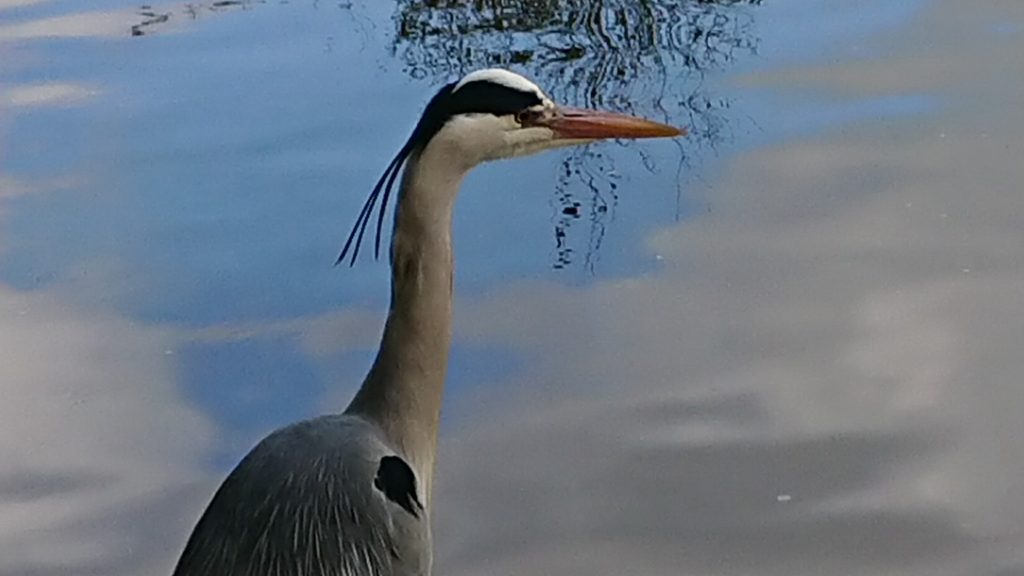
A heron has just flown over on its way to goodness knows where, and the rain is falling in stair rods (uncommon enough metaphor these days). I own none of these things. Of the things I do own I try to share them with those around me in a not-for-profit way, mindful I still have too many unused possessions other are unlikely to want (the local charity shops have been the recipients of quite a few of them). I can’t take you through the Rule of St Benedict one paragraph at a time, backwards of forwards. I do not keep it under my pillow. I walk through this valley with a remembered bible and a remembered rule and quite a lot of baggage, as a good enough Benedictine.
Come, walk with me. The way maybe narrow but it is life-giving. Tomorrow I need to go and see if the bog-bean is flowering.
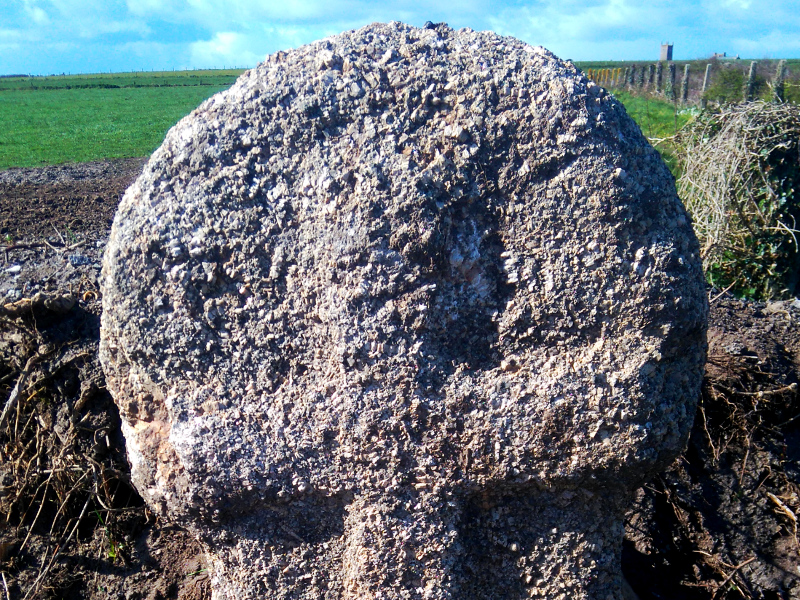
Janet Lees, Friend of Scholastica and wandering anchorite of Longdendale, 27.05.2024
1RR is the Remembered Rule – and RB is of course the Remembered Bible. so it’s all about what I’ve internalised, how I have interpreted, what has shaped me.
2Shaker hymn, 19th century USA.
3At the time of writing this is United Utilities.



